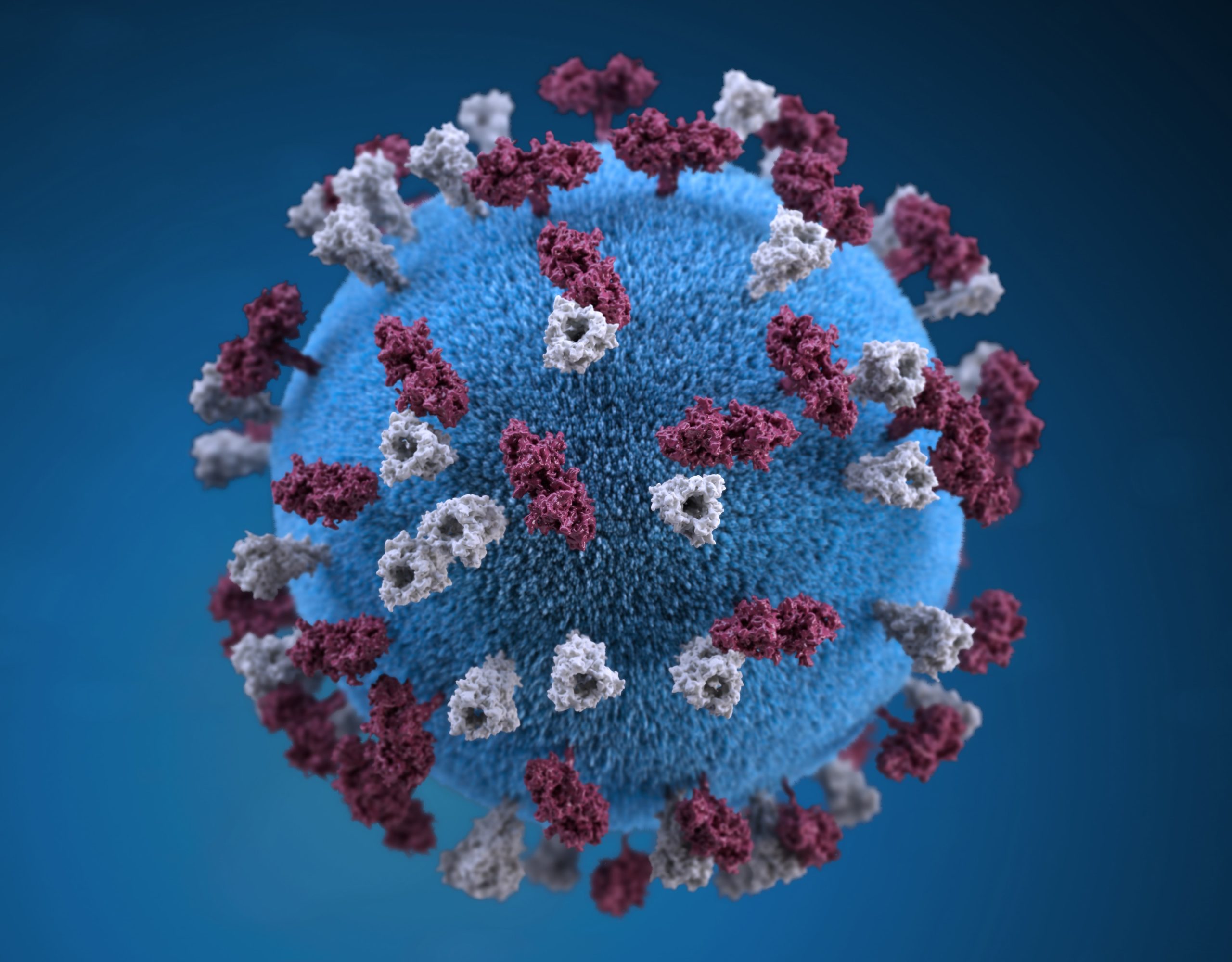Variations in gut bacteria could be a key factor in foreseeing the onset of colorectal cancer, as indicated by recent research by a group of European scientists. They discovered disparities in the gut microbiome of individuals who developed pre-cancerous colonic lesions, suggesting a possible link between gut bacteria and the development of colorectal lesions and cancers.
Differences in gut bacteria key in cancer detection
This comprehensive study reveals promising approaches to identify and prevent the second leading cause of cancer-related deaths.
A Dutch research team integrated data from 8,202 participants by combining information from the Dutch Microbiome Project and the national pathology database, identifying all recorded colonic biopsy cases spanning five decades.
Colorectal cancer is a significant health issue in Europe, being the second most common cancer and a leading cause of cancer-related deaths. It typically develops from pre-cancerous gut lesions, making their elimination an effective prevention strategy. However, existing non-invasive detection techniques, such as the fecal immunochemical test, often produce false positives, leading to unnecessary colonoscopies.
In the study, researchers examined the gut microbiomes of people who developed pre-cancerous colorectal lesions before and after fecal sampling over a period spanning from 2000 to 2022. They compared these groups with individuals who had normal colonoscopy results and the general population.
To gain a deeper understanding of the gut microbiome’s role, the scientists also investigated specific bacterial strains and their functions by reconstructing their genomes from metagenomic data.
Certain types of bacteria associated with the development of lesions
The study found that individuals with colonic lesions after fecal sampling had a more diverse gut microbiome compared to those without lesions. Differences in microbiome composition and function were observed in individuals with past or future lesions, and this variation was also linked to the type of lesion.
Notably, certain bacterial species from the Lachnospiraceae family and Roseburia and Eubacterium genera were connected to the development of lesions.
Dr. Ranko Gacesa, the primary author of the study, noted that although the study did not investigate mechanisms, previous research suggests that some of the identified bacterial species may have properties that could be linked to the formation of colorectal lesions.


